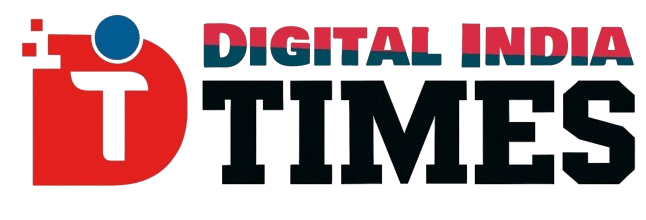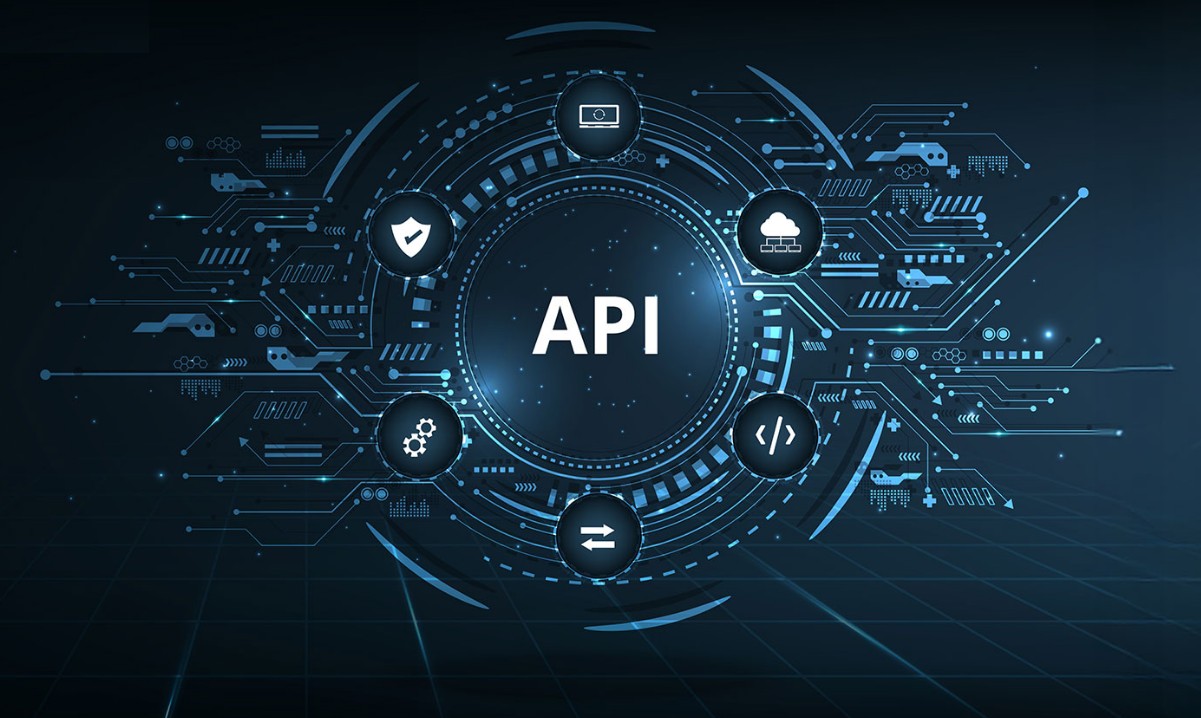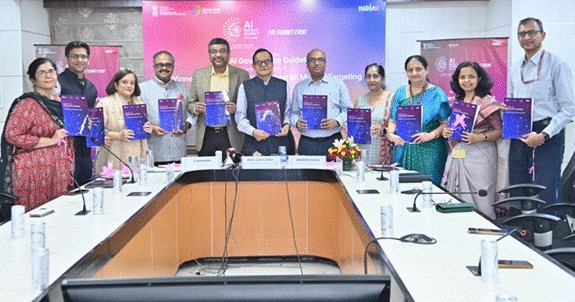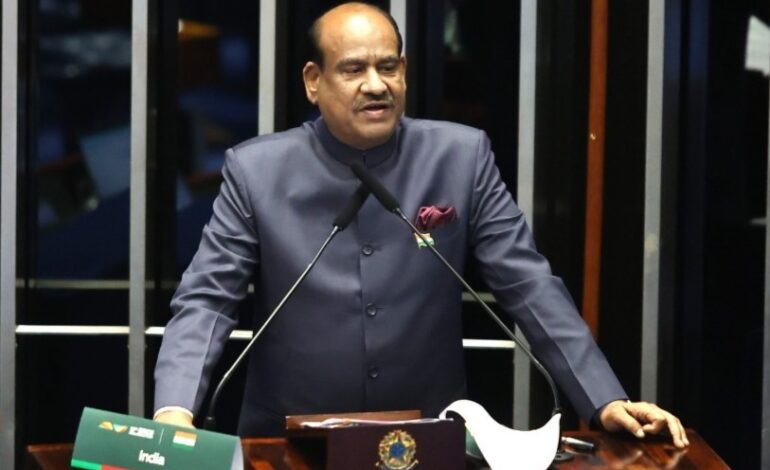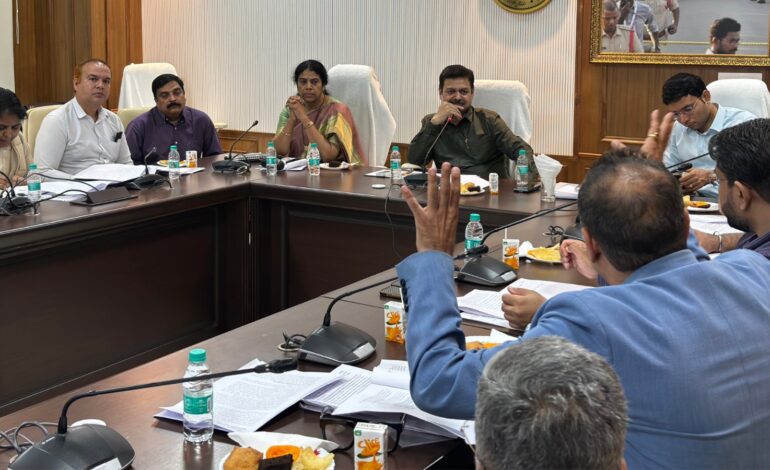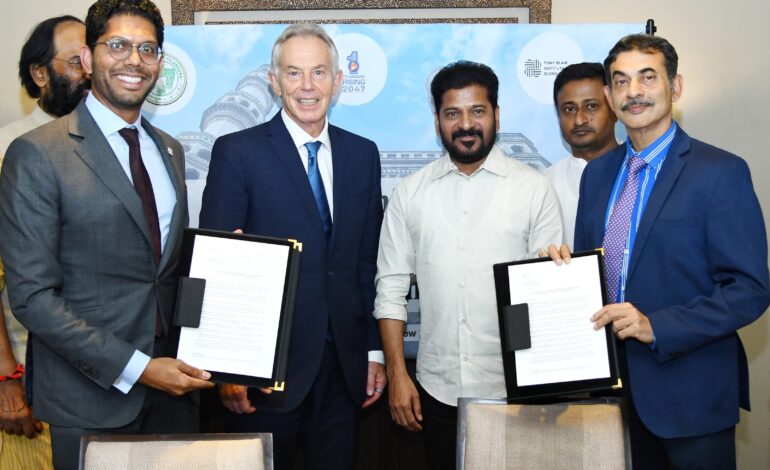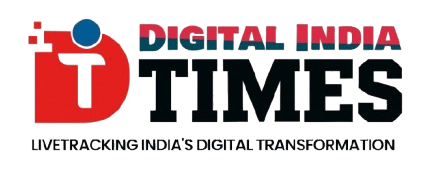GST Rate Cuts from September 22; FAQs Clarify Key Issues on Refunds, ITC and Exemptions

The Ministry of Finance on Wednesday issued a set of Frequently Asked Questions (FAQs) to address doubts surrounding the sweeping changes approved at the 56th GST Council meeting.
New Delhi, September 4: The Ministry of Finance has issued a set of Frequently Asked Questions (FAQs) to address doubts surrounding the sweeping changes approved at the 56th GST Council meeting on Wednesday. The clarifications aim to ensure smooth transition to the new rate regime, which comes into effect from September 22, 2025 for most goods and services.
Key Clarifications
- Effective Date: All revised GST rates will apply from September 22, 2025, except on tobacco, gutkha, cigarettes, and beedis, which will continue at current rates until compensation cess-related liabilities are discharged.
- Input Tax Credit (ITC):
- Taxpayers can continue to utilise ITC accumulated at higher rates for liabilities post September 22.
- However, if supplies become exempt under the new schedule, ITC availed earlier must be reversed as per CGST provisions.
- Refunds:
- Refunds will not be admissible for inverted duty cases where only the rate has changed over time but inputs and outputs remain the same.
- Risk-based provisional refunds of 90% for exporters and inverted duty structure will be operational from November 1.
- Goods in Transit: Existing e-way bills will remain valid; no need for fresh generation when new rates take effect.
Also Read: GST Council Approves Landmark Rate Cuts, Exempts Insurance; Check New Slabs Under Two-Rate Structure
Sector-Specific Clarifications
- Food & Beverages:
- All Indian breads (chapati, roti, paratha, parotta, etc.) are now exempt, ensuring parity with bread which was already nil-rated.
- Plant-based milk drinks and soya milk, earlier taxed at 12–18%, will now attract 5% GST.
- Carbonated fruit-based beverages will be taxed at 40% to replace compensation cess.
- Healthcare:
- All drugs and medicines will be taxed at 5%, except specified life-saving ones at nil.
- Medical devices, including surgical and diagnostic equipment, now attract 5%. The government noted this may deepen inverted duty but refunds will address the issue.
- Agriculture:
- GST on tractors and farm machinery cut from 12% to 5%. The government clarified full exemption was avoided to preserve input tax credit flow and protect domestic producers.
- Automobiles:
- Small cars (up to 1200cc petrol/1500cc diesel, ≤4000mm length) cut from 28% to 18%.
- Larger cars, SUVs, and vehicles exceeding 1500cc or 4000mm length will now attract a 40% GST rate.
- Motorcycles up to 350cc: 18%; above 350cc: 40%.
- Three-wheelers, buses, trucks, ambulances: 18% (down from 28%).
- Household Goods:
- Soap bars reduced to 5% (liquid soaps remain higher).
- Toothpaste, toothbrushes, and dental floss cut to 5%.
- Bicycles and parts reduced from 12% to 5%.
- ACs, dishwashers, and TVs of all sizes now uniformly taxed at 18%.
Services Clarifications
- Passenger Transport:
- Remains at 5% without ITC; service providers can opt for 18% with ITC.
- Economy air travel: 5%; higher classes: 18%.
- Goods Transport:
- GTA services remain at 5% (no ITC) with option for 18% (with ITC).
- Container train operators and multimodal transporters given similar dual options.
- Job Work:
- Pharmaceutical and leather job work rates cut from 12% to 5%.
- Residuary job work increased to 18% to avoid ITC chain breakage.
- Beauty & Wellness:
- Gyms, salons, barbers, and yoga centres cut from 18% to 5% without ITC.
- Entertainment & Gaming:
- Betting, casinos, gambling, horse racing, lottery, and online money gaming to be taxed at 40%.
- Admission to IPL and similar events: 40% GST.
- Recognised sporting events continue at existing rates (nil if ticket ≤₹500, 18% if above).
Government’s Position
The Ministry emphasised that exemptions were avoided in many sectors to preserve the input credit chain and prevent cost escalation for consumers. “The objective of rationalisation is to simplify the structure, lower household burden, and ensure fairness across sectors without breaking the ITC flow,” the FAQs note.
